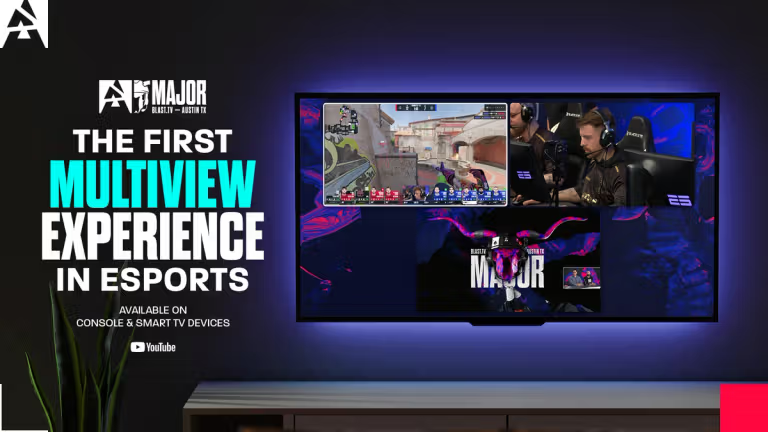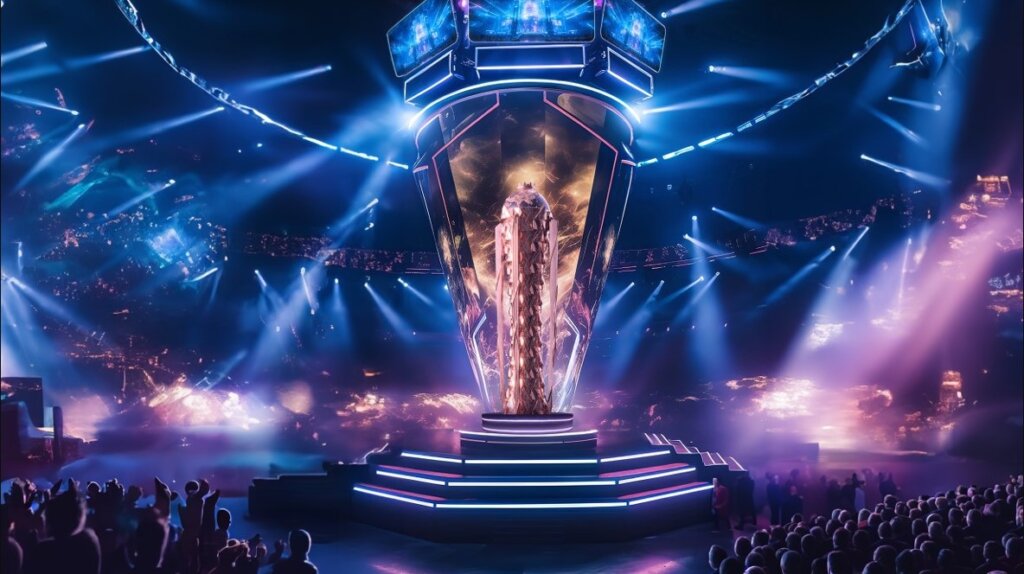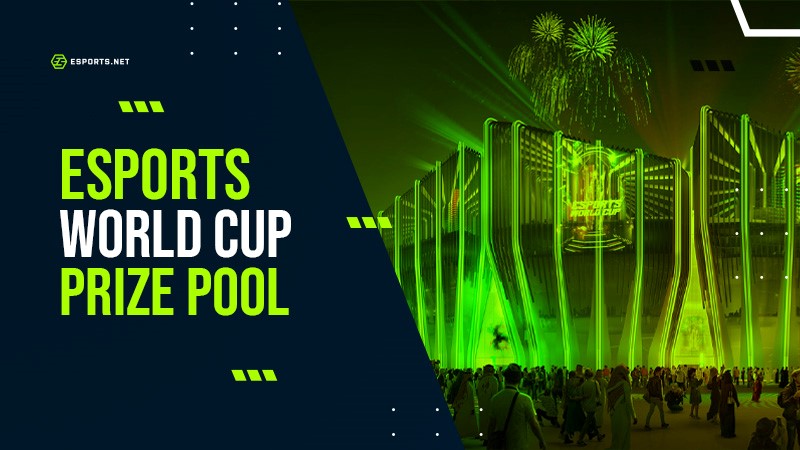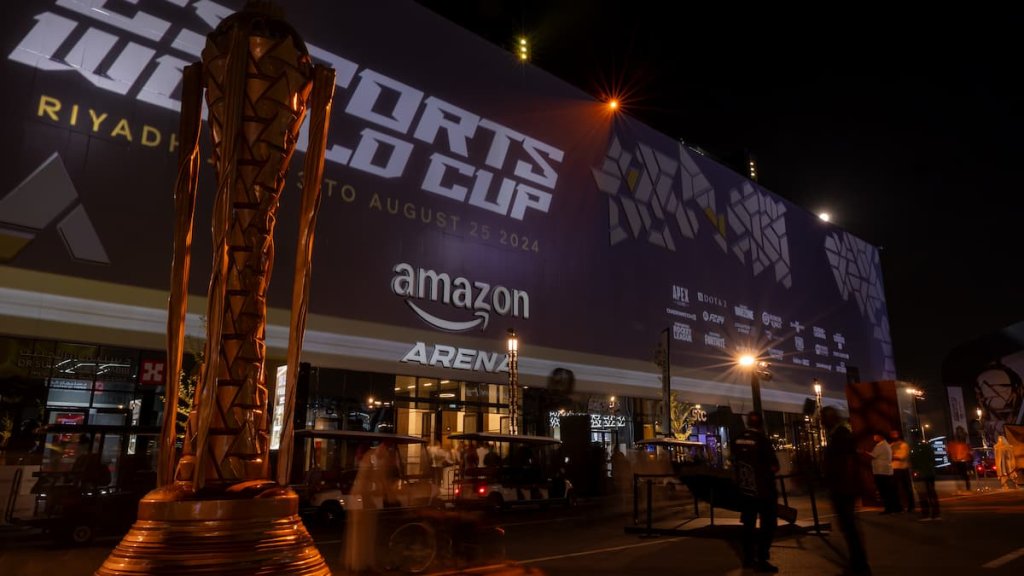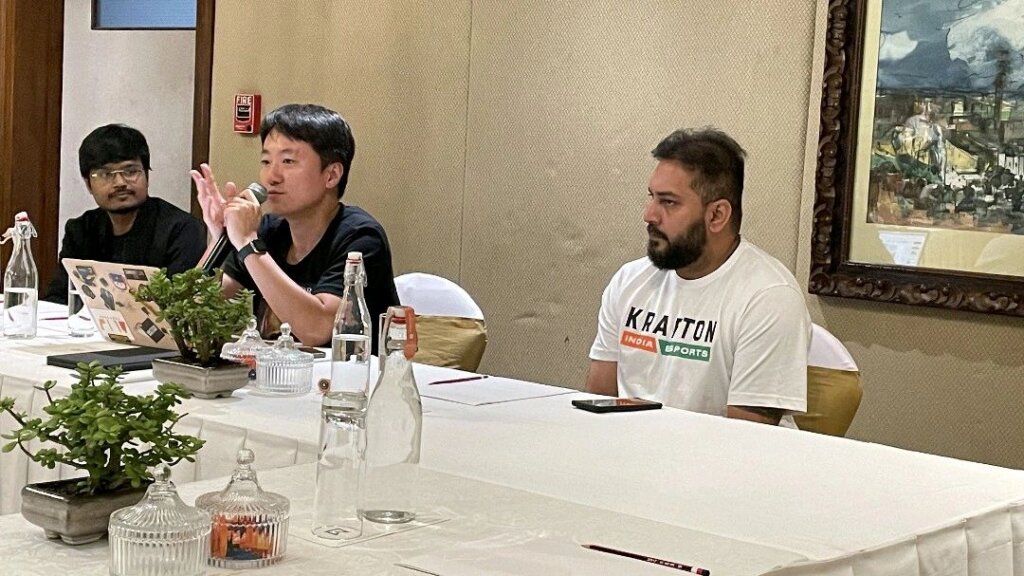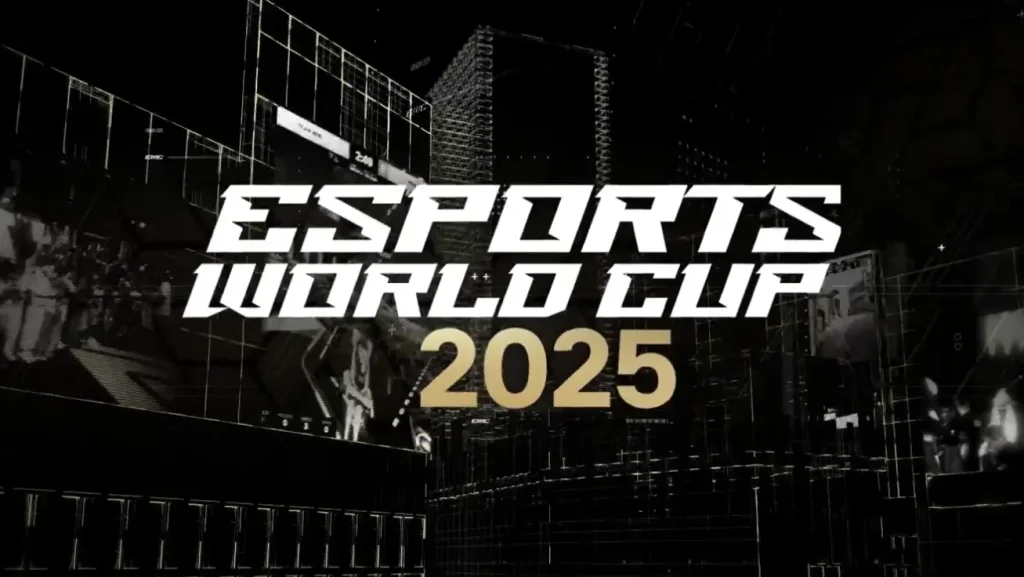
Toxic Gaming: The never-ending fight in tackling players’ toxic behavior
Sadly, like many online communities there is rogue element of toxicity or toxic gaming in most esports games. Unfortunately, with player identities often anonymous and individuals physically separate from those they communicate and game with, being harsh or even abusive with other players can be too easy for some.
Thankfully game publishers, gaming communities and esports organizations are fighting hard against the issue. There is much that players can do to protect themselves from toxic gamers and to report them in order to protect others, and these solutions to toxic gaming are growing by the day.

Toxic gaming behavior is an industry wide problem
League of Legends and Dota 2, for example, are known for their in-game toxicity. League of Legends sees trollers, ragers and flamers with often Europe being the worst for toxicity. North America has recently been viewed as a less toxic region for the game, with more players being reported. Toxicity can start with simple match throwing, frustrating team mates right through to very unsavoury comments and anger in the chat.
Dota 2’s team chat and global chat options can lead to rudeness to both teammates and opponents with the minimap, chat wheel and pinging also presenting other opportunities for players to spam and agitate others. In Overwatch, more seriously, at the end of March 2020 professional player Walid “Mouffin” Bassal was dropped from the Boston Uprising squad after allegations of sexual misconduct.
Even Super Smash Bros was hit with frequent tournament scandals in 2019 but at the beginning of the year an “SSBConductPanel” appeared on Twitter to publish a “Code of Conduct” tournament organizers agreed to follow. The public face of the panel is PhD student Kyle “Dr. Piggy” Nolla who told The Verge that “Smash is a classic example of ingroup / outgroup behavior,” in gaming, adding that:
“If you’re a white guy who loves to play games and maybe you’re a little socially-awkward, maybe you’re a little introverted, the community will accept you, and everything works out. If you’re a woman, or a sexual or gender or any other kind of minority, you’ll be marginalized, people will find reasons to call you a ‘fake gamer,’ and every aspect of your personality will be picked apart by strangers on the internet.”
Valorant, esport’s hottest new title by publisher Riot Games, has the battle against toxicity just beginning. The game is proving popular, with many Overwatch professionals switching over even whilst the game was in closed beta. Yet so early on the game has already seen a sexual harassment scandal where League of Legends UX designer Riot Greenily experienced what has been described as “flagrant harassment,” whilst just streaming Valorant. Greenily shared a clip of her live stream. She tweeted:
“It’s like this MOST of the time on solo queue voice comms REGARDLESS of the game I’m playing. I usually don’t give in to this like in the video; I’m silent in an attempt to not incite more. Inevitably you get to a point where you have to mute them.”
Valorant’s executive producer Anna Donlon responded on Twitter saying “gross, this is creepy as hell…”
Industry wide solutions
While the battle for Valorant is just beginning, Riot has had years of experience of top notch toxicity in League of Legends. Donlon has promised changes to the game to make it a safer environment for women, she told the Standard:
“We know this is a hard problem to tackle, and will take time, but I’d feel irresponsible accepting this as the status quo”.
The producer went on to explain that Riot Games are looking to prioritise the development of non-voice communications such as character actions to minimise harassment while playing with random team mates. Donlon adds:
“I hold myself accountable to leading a game where anyone can safely compete to their full potential without fear of being bullied out or yelled down”.
Another organization, the Fair Play Alliance was formed in 2018 and now boasts over 140 gaming companies. The organization’s mission is to “identify, define, and enable awesome player interactions, fair play, and healthy communities in online games by design,” in its efforts to combat gaming toxicity.
One Fair Play Alliance member, PC titles publisher My.Games, recently surveyed gamers in its popular titles such as Lost Ark, Warface and Conqueror’s Blade. Encouragingly it found that gamers have been acting more positively amidst the Covid-19 lockdowns including finding that 33% of gamers in the UK were exhibiting better gaming behaviour. A further 27% of those surveyed found the gaming community to be more united, and 17% believed that gaming groups had become kinder. Other regions exhibited similar trends.
In efforts to stamp out online harassment in gaming, EA used the Gamescom expo in late 2019 to hold the first meeting of a group of gamers working with the publisher dubbed the Healthy Communities Player Council. During the meeting EA shared its plans to combat toxic gaming. This includes improving harassment reporting tools and the council listening to gamers give their feedback and new ideas.
Other popular esports titles and tournament organizers are taking similar stances. Many are investigating potential actions that can protect gamers from toxic behavior while they are playing. Blizzard Entertainment added endorsement features for players to commend each other some time ago and Ubisoft will suspend or even ban Rainbow Six Siege players detected using slurs in chat.
Most recently, Twitch has announced the creation of a Safety Advisory Council. The eight member group is tasked with figuring out strategies to tackle multiple including toxicity and abuse.

Players should act too
The opinion amongst the gaming community is that any kind of toxic gaming behaviour should not be tolerated. Where possible it should be reported using a game’s built in features.
There is however way more players can do. There is a certain “aura” of coolness around being toxic and abusive. Many gamers seem to mix up banter and cockiness with downright verbal abuse. The other sort seem to not grasp that “their fun” might not be fun for everyone else involved. Sadly gaming doesn’t really have many role model personalities that would be ambassadors of less toxcity. Most of the people that promote “healthy behavior” are not born and raised in gaming or esports. To a lot of gamers they are outsiders trying to change their established ways and despise them.
If we really want change, the change has to come from within gamers own ranks. The companies can only do so much.
In the end, the esports community is increasingly fighting toxic gaming of any kind, and that needs to continue as esports goes mainstream. Additionally, for esports to properly gain the same status as traditional sports and to support additional niches like esports betting gaming toxicity and other issues like the prevention of cheating will need to be conquered.
Read next: Valorant Release Date announced
